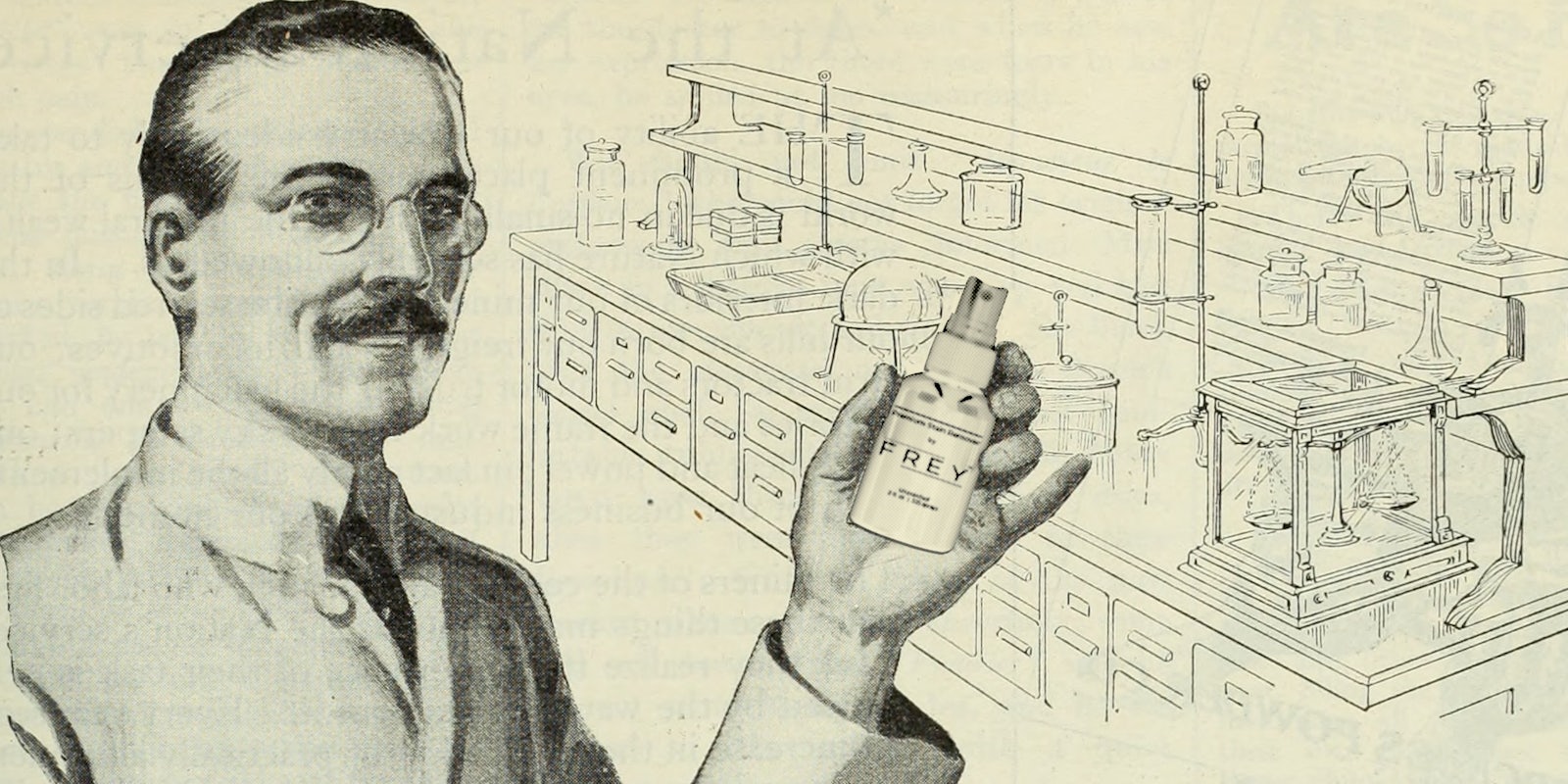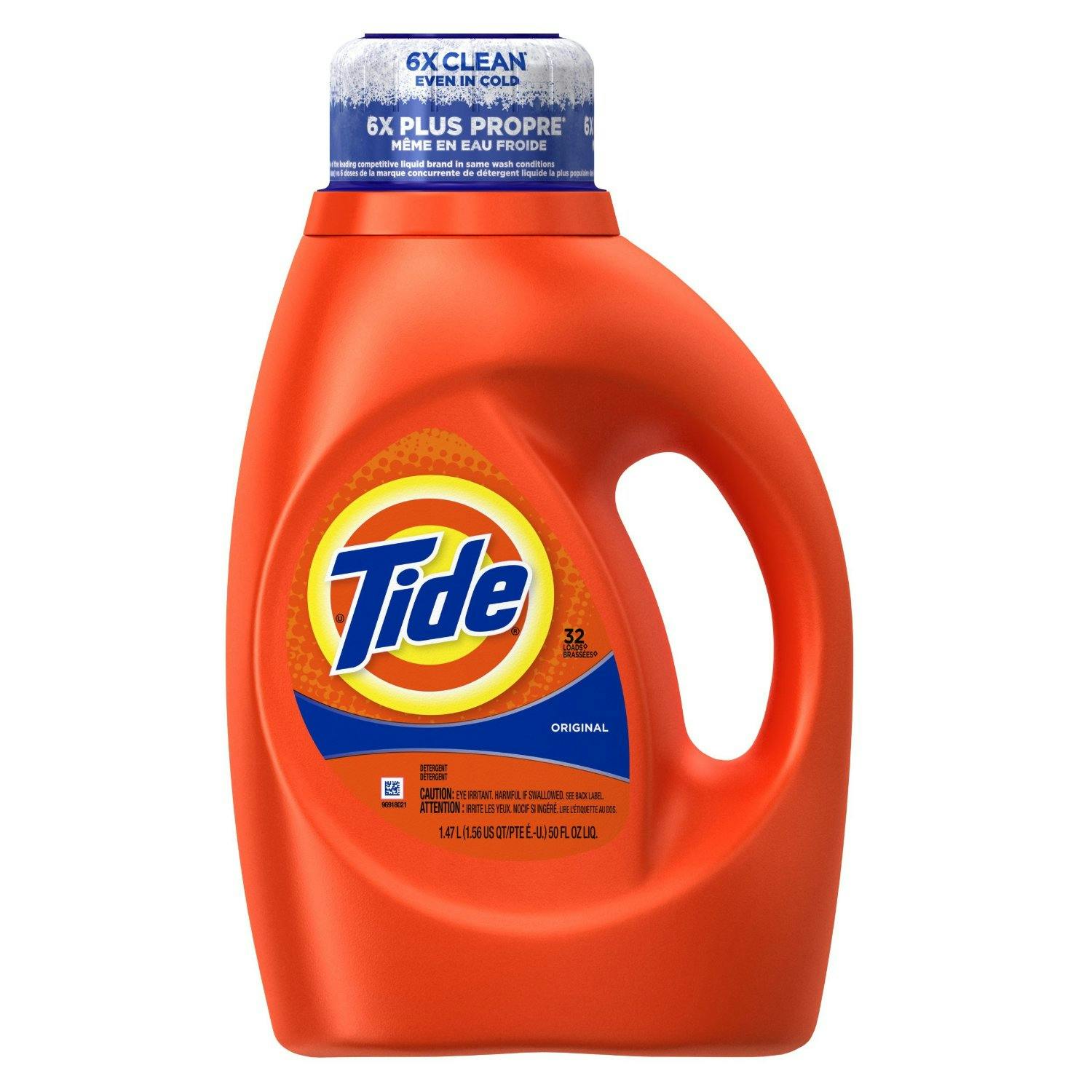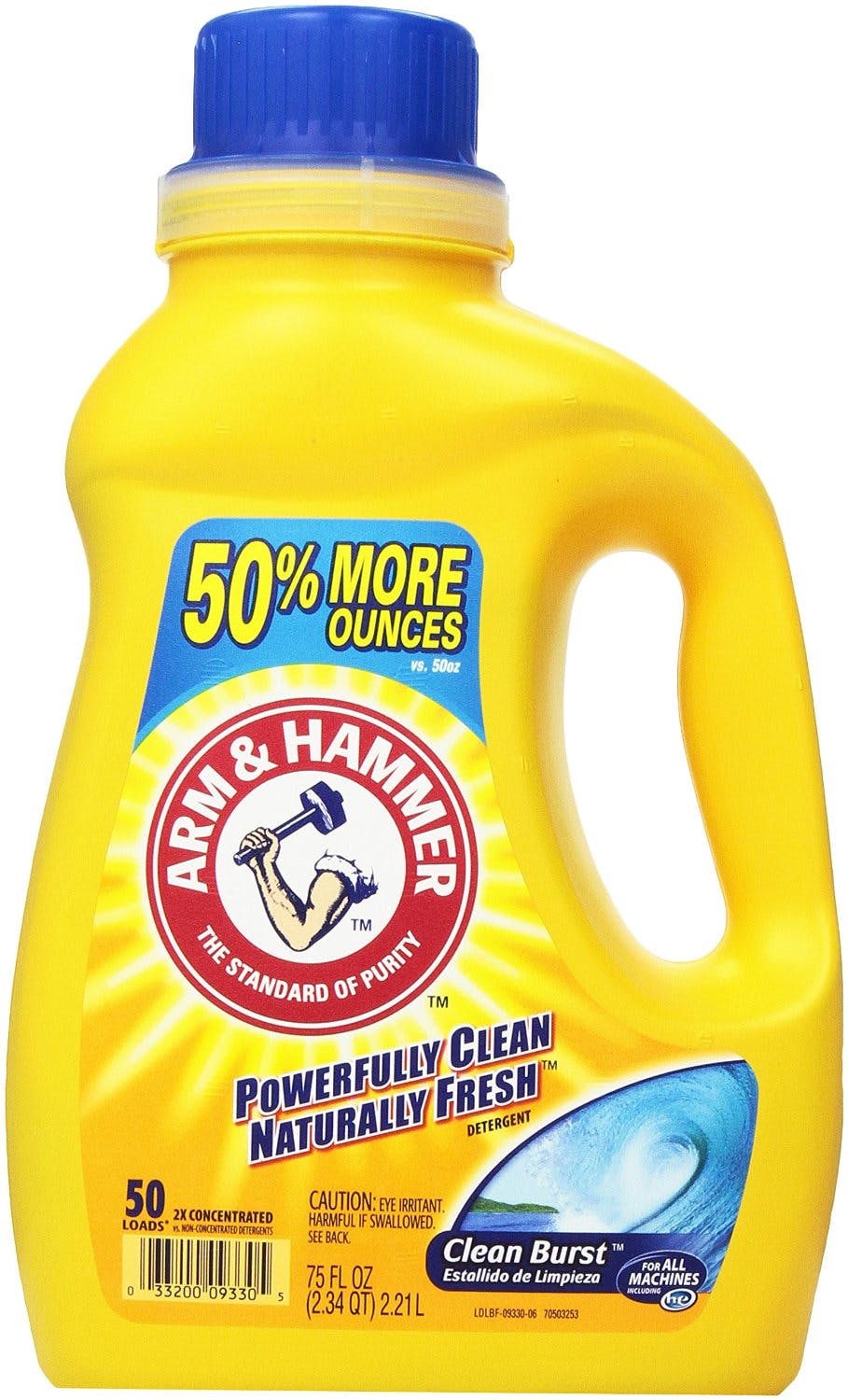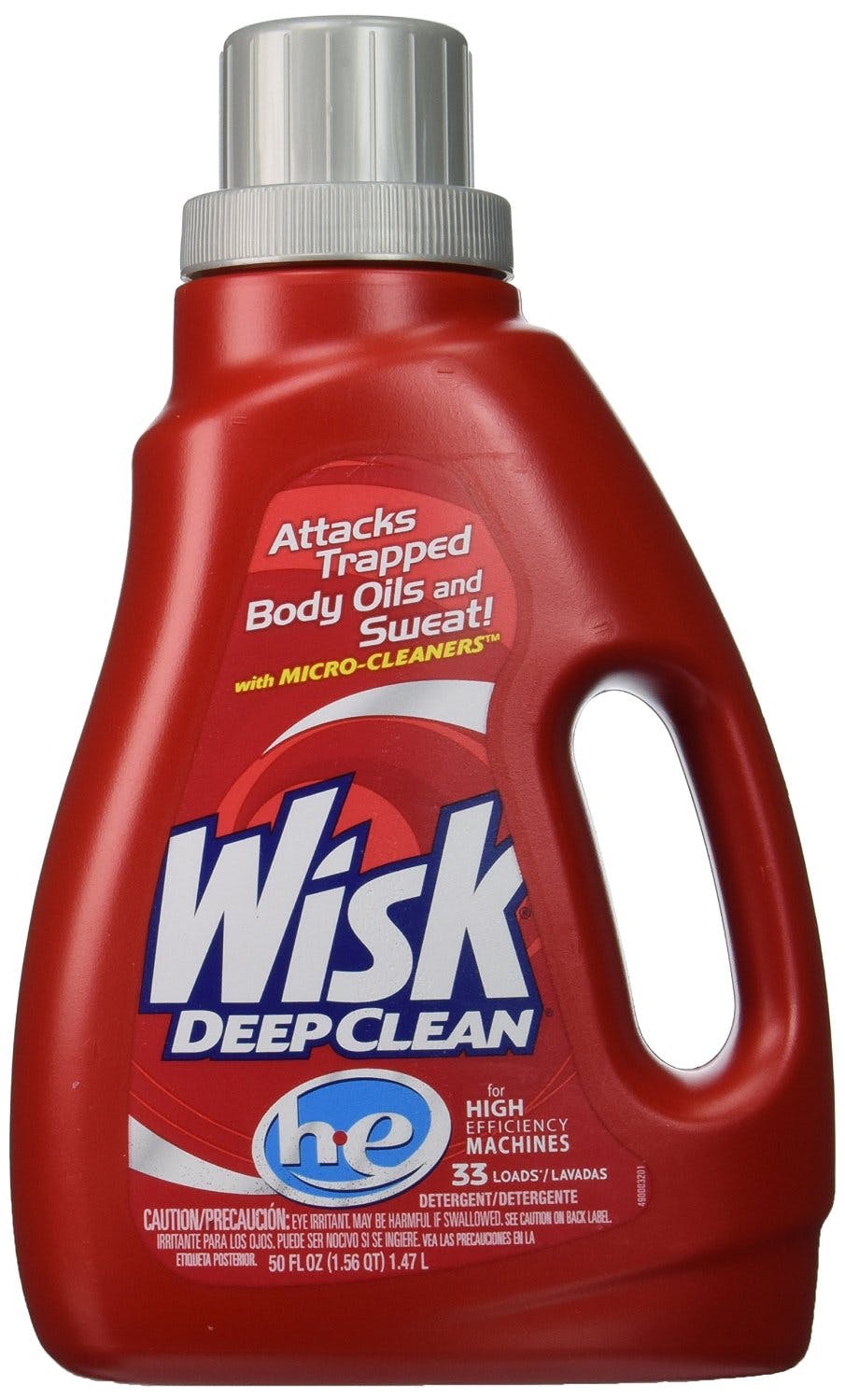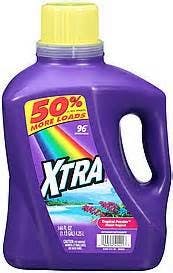Masculinity seems to be in a fragile state, with men going to extremes to protect their neck(beard)s from all that is pink, floral, and otherwise lady-like. So each week, we’ll dive into the ways men are guarding themselves from a feminized society, as we ask, “Are men OK?”
Earlier this year, a radical commercial ran in India, during which a man realizes his daughter is subservient to her husband because she never saw her dad doing household chores. Dad feels remorse for his actions, goes home, and immediately takes over doing the laundry from his wife. The assumption that housework is a woman’s job is still an issue across the world.
But is it because laundry detergent is too womanly?
That’s what laundry brand FREY is arguing. It’s not that men don’t want to do laundry because generations of social conditioning has led them to believe it’s beneath them—it’s because detergents aren’t “cologne-inspired” enough!
So FREY has launched a line of Oak & Musk detergents, air fresheners, and stain removers, because “clothing products remain almost exclusive to women,” according to the site. “We spend time and money on clothing, and then wash it all in a watered-down detergent tailored to the opposite sex.” Ugh, and on National Men’s Grooming Day.
OK, there are a lot of things out there that maybe don’t have the strictest, manliest edge to them, but let’s be real: Laundry detergent is not one of them. Like, does Tide look particularly feminine to you?
Nope. How about the literal bicep and neutral scent of Arm & Hammer?
Seems pretty unisex, if not outright manly. What about Wisk?
That a nice, masculine red if you ask me. Oh, how about OxyClean, the brand that for years was shilled by a guy with a booming voice and a thick beard?
Bold colors, fresh scents, exaggerated copy about power and “fighting” stains? Yeah, this all seems pretty masculine. Maybe they just saw a picture of Xtra and got afraid of the color purple and, gasp, a rainbow?
The Daily Dot has reached out to FREY about just how much manlier its detergent is compared to any other store brand (I mean, let’s talk percentages), but hasn’t heard back as of this posting.
What’s perhaps most disappointing about FREY is that it’s so close to getting it. The company gives a portion of its proceeds to a charity that helps people living below the poverty line do their laundry, recognizing that having clean clothes is hard when it costs half of your quarters.
The company also claims to be inspired by its own frustration at the very gender stereotypes it winds up perpetuating. The Frey brothers say they started doing their laundry in college, and “it appeared the industry was perpetuating old stereotypes about household responsibilities.” That’s very true! In so many commercials, it is the woman tasked with doing laundry, or the man messing it up, or, on the rare occasion when the man does it well, it comes with the tone that he is some sort of super-husband for accomplishing this simple task.
However, they continue by saying these stereotypes left “the back-breaking, monumental task of cleansing a busy man’s dirty clothing to be performed using the same laundry detergent all their girl friends used.”
As we’ve already established, there’s nothing inherently feminine about the design or scents of most commercially available laundry detergents. So the only thing that seems to be the problem is the fact that women are using the same products. And men don’t want to be reminded they’re doing girly things.
Even though young men in America might be a lot more helpful around the house than their fathers were, both genders still often default to their respective centuries-old gender roles, especially in times of stress. Women still tend to do more of the housework in heterosexual households, regardless if they work full-time, according to multiple studies, and “men are more likely to withdraw from housework rather than perform more housework if their wives earn more.”
There are multiple theories as to why this may be, like men feeling too overwhelmed to take on more chores, or the “learned helplessness” of men not being taught to do laundry from a young age like the way women often are, or the cultural messages (including from those same dumb commercials) about who is better tasked for the job.
If men absorb that laundry is inherently feminine, then it makes sense that everything involved in doing that chore would be “for women.” But making it about the soap is a weak scapegoat. Sure, maybe a handful of men were just waiting for detergent with “notes of soft, worn leather accompanied by hints of citrusy bergamot and piney, sweet frankincense” to start doing their own laundry (and to be honest, that scent sounds amazing), but it really doesn’t seem to be about the products. Instead, it’s about a culture that tells men laundry isn’t their job, or makes them feel like they’re violating their gender if they take it on.
So maybe FREY can help men feel like it’s OK to do laundry and still be men. But the people who made laundry unmasculine were men. Maybe instead of repackaging detergent with muskier scents and black bottles, they could just run a few more loads.

